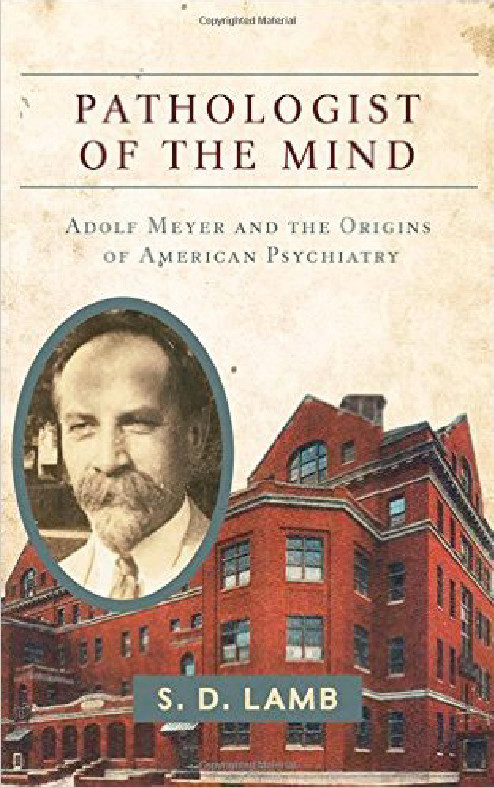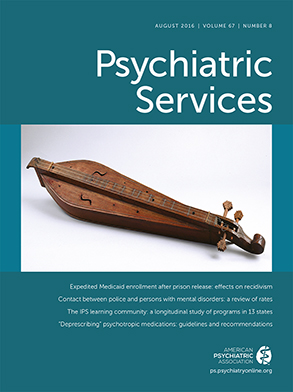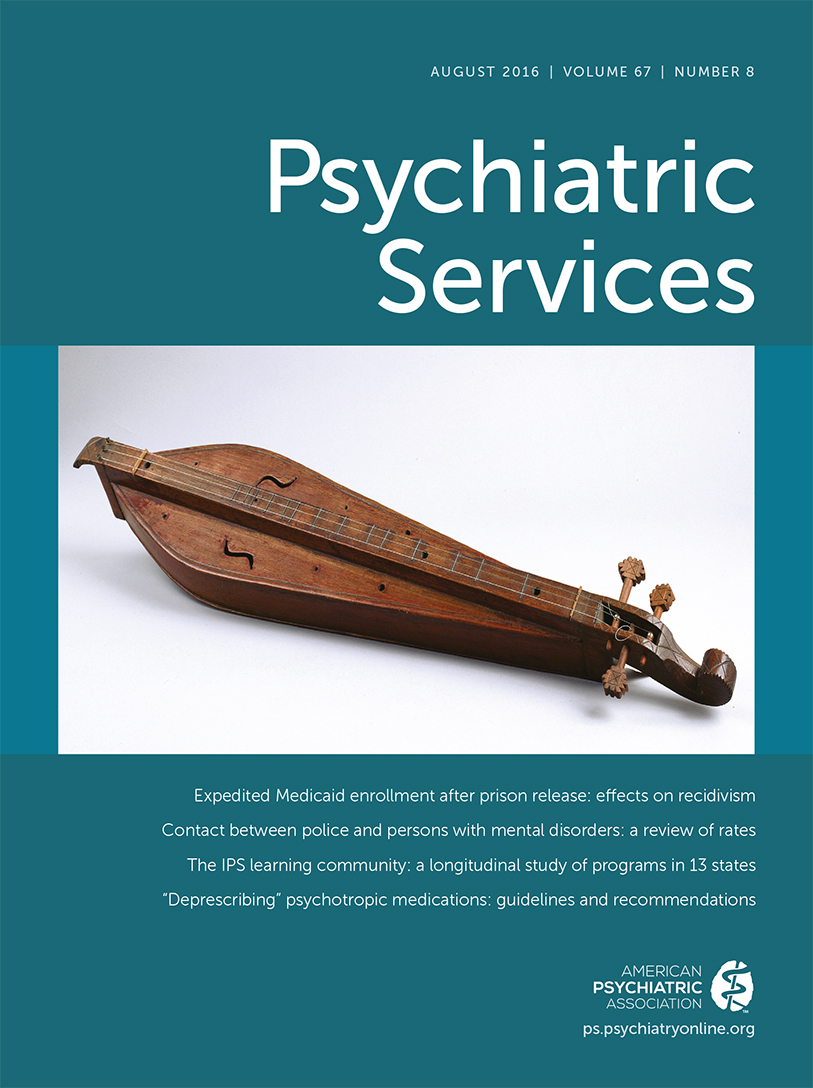Some books are worth underlining every sentence. Susan D. Lamb’s book, Pathologist of the Mind: Adolf Meyer and the Origins of American Psychiatry is one of them. It struck me as a very well-written product of a decade-long research and review of available documents, private archives, and clinical materials about one of the most recognized, authoritative, and influential psychiatrists in the United States. Dr. Lamb’s brief mention of the particular challenges of writing this book appears to be an understatement, given the sheer volume of materials she reviewed, including Dr. Meyer’s sophisticated scientific and philosophical writings in both English and German.
The book is divided into six chapters that follow a certain logic: The first two chapters, pathology as a method and mind as biology, explain the two concepts that were key to Dr. Meyer’s vision for psychiatry as a clinical science. Psychobiology, the principal tenet of Meyerian psychiatry, is also discussed here. Dr. Lamb does a great job explaining psychobiology, which essentially reconciled the medical model to psychology.
Third and fourth chapters are devoted to Dr. Meyer’s move to the Phipps Psychiatric Clinic in Baltimore and his emphasis on detailed and objective record keeping in order to dissect the patient’s life history and then to construct a Virchowian narrative in the form of a case history. In a way, as Dr. Lamb put it, “psychiatry had its corpse.” All clinical staff entered notes about everything they thought might be relevant to a patient’s diagnosis, treatment, or care in the clinic. Although hardly a new concept, keeping separate charts for each patient was not common practice before Dr. Meyer began his approach. In most mental hospitals, clinical data were entered in casebooks, which were too difficult to review in a longitudinal manner in order to assess the clinical progress of long-term patients throughout time. Dr. Meyer organized clinical data so that he could use them for research purposes. He suggested that every form of psychopathology was an “experiment in nature.” However he never lost sight of his primary goal: to treat his patients. He employed a holistic approach in which he placed the person at the center.
The last two chapters are devoted to Dr. Meyer’s general therapeutic approach and particularly his conception of psychotherapy. The evolution of Dr. Meyer’s thoughts about psychoanalysis is presented as an example of his understanding of the psychotherapeutic encounter, which he framed as a dynamic interaction between patient and therapist. He deemed this encounter to be a collaboration between the therapist and the patient in order to reconstruct causal events that led to psychopathology, and ideally to modify a patient’s maladaptive reaction in the direction of recovery.
Dr. Lamb has managed the flow of thought throughout her book while maintaining a certain chronological order. She easily redirects the attention of the reader when she shifts back and forth in time, and each chapter ends with a helpful summary.
I particularly liked Dr. Lamb’s use of Phipps Clinic archives in order to give a closer and personalized account of Dr. Meyer’s work with patients. She reviewed 1,897 dossiers in order to find the ones that would best provide an impression of the daily life at the clinic. Weaved together with pictures and floor plans, these case vignettes take the reader on a mental tour of the building with patients from the turn of the past century.
Dr. Meyer’s concept of psychobiology is only one of his contributions that we embrace in contemporary psychiatric practice. For example, his insistence on keeping individual records was a major culture change that enabled physicians to have a longitudinal perspective on individual patients’ histories. Meticulous record keeping provided the opportunity for better diagnosis and therapeutic interventions. Meyer’s approach to his patients was truly person centered, and he emphasized recovery as the main goal.
After I read Dr. Lamb’s book, I began to see more clearly the historical foundations of many practices that we psychiatrists have embraced and integrated in contemporary psychiatric care and treatment for the past hundred years. I believe he would be pleased to see the effective use of the person-centered approach with recovery as the main goal at Worcester Recovery Center and Hospital, formerly known as Worcester State Hospital, where he worked as the pathologist between 1896 and 1902.


